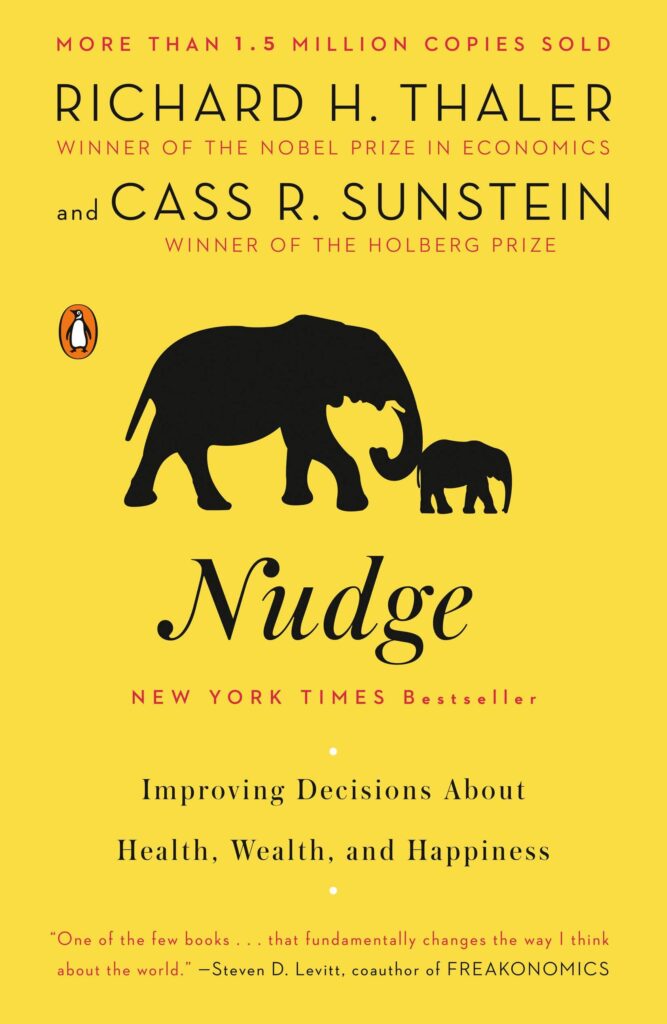
Nudges, and behavioral science more generally, can be and have been used for good and for evil. People can be defaulted into programs that do not help them, which is called sludge. The authors are bringing insights to create awareness of when sludge is most likely to be lurking, and how it can be reduced if not eliminated. Think about all those organizations who make it extremely easy to join (such as any type of subscription, for example), but so painful to leave.
Choice architecture and nudging are inevitable; you cannot wish them away. You can object the cancer warnings on cigarette packages, discard the whole idea of calorie labels, reject social distancing guidelines, but you cannot object nudges because you can’t avoid them. Nevertheless, as long as people can go their own way and easily say “No thanks!” the risks are greatly reduced. But in some cases, well-designed choice architecture can achieve a lot; it is more than a collection of tweaks.
There is a much greater chance of success if creating good choice architecture is at the heart of every policy analysis and corporate decision. It’s great to know that the idea of incorporating behavioral science into public policy or managerial practice is starting to become routine.
By properly deploying both incentives and nudges, we can improve our ability to improve people’s lives and help solve many of society’s major problems. And we can do so while still insisting on everyone’s freedom to choose.
Choice architects can make major improvements to the lives of others by designing user-friendly environments. So, let’s live by the authors plea: “Nudge for good.”
Terms & Conditions. © 2023 by V R B Management Consulting Co. LLC